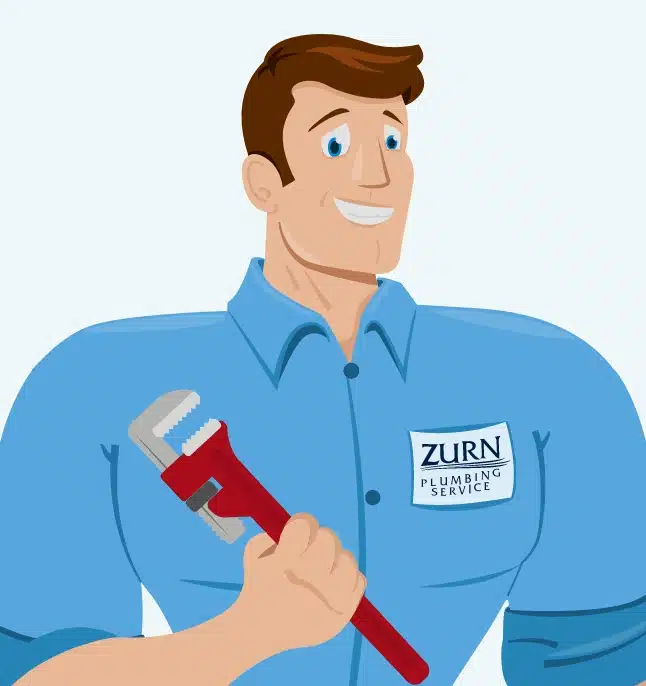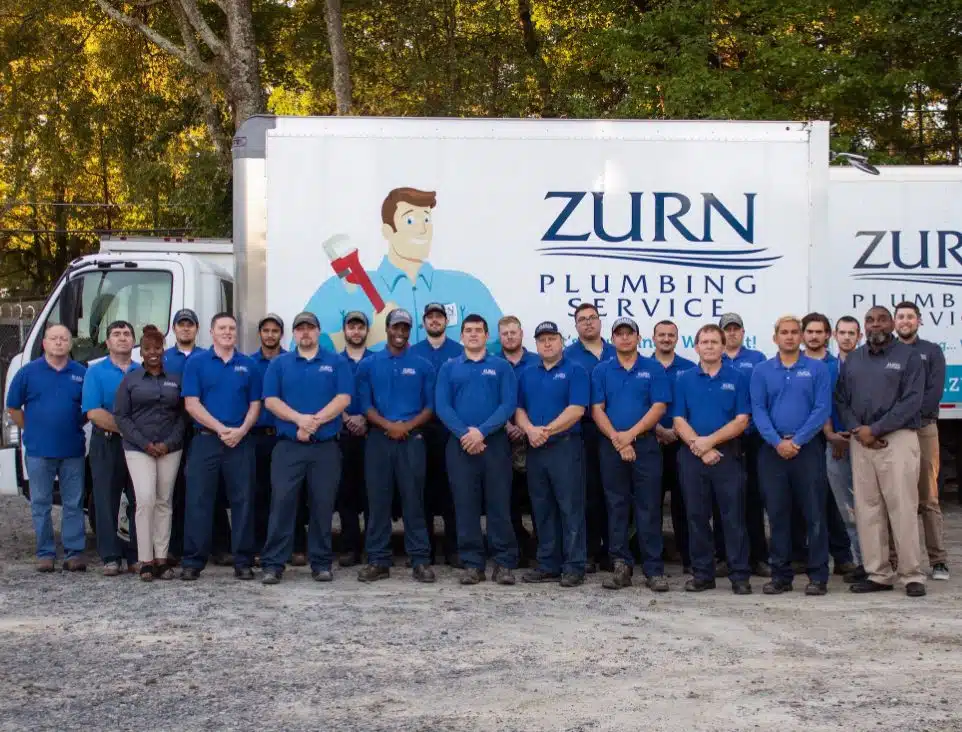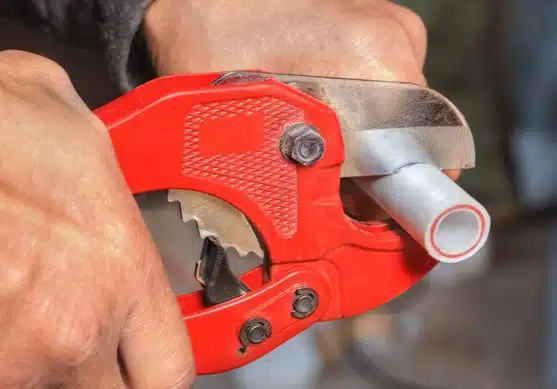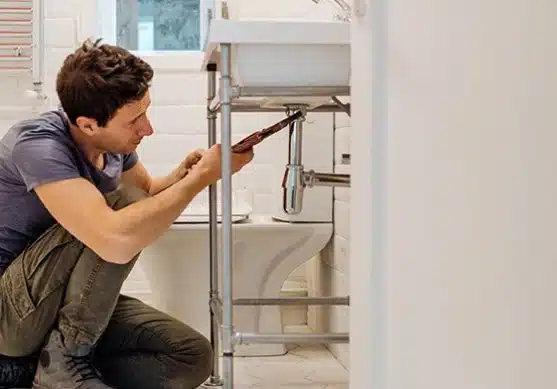
Let that chill in the air be a reminder that it’s time for your water heater checkup. Unfortunately, most folks don’t even think about their water heaters until there is an issue. A little proactive service now can save you and your family from a major headache.
Here are a few helpful tips to get you started:
• To flush or not to flush – We recommend flushing your water heater annually to remove rust and sediment buildup. This will ensure peak efficiency and performance and extend the life of your heater. However, if your water heater is more than five years old and has never been flushed, it is best not to do it. If you have a tankless water heater, Zurn uses a descaling agent to eliminate the lime/scale buildup that can cause trouble. During a tankless water heater service, we also check some of the mechanics to ensure years of trouble-free use.
• Time for a replacement? – We recommend replacing gas-tank-style water heaters every 8–12 years. Electric heaters generally last between 10–14 years. The age of the water heater can be determined by looking at the rating plate on the side of the heater. The serial number is coded to indicate the month and year of manufacturing. If the numbers are difficult to interpret, visit the manufacturer’s website for guidance on how to understand the serial number and age. Also, look for rust or corrosion on the connections of the heater’s jacket. If you see any, replace it before it fails and causes property damage.
• Test the T&P relief valve – We recommend testing the temperature and pressure relief valve annually. This valve is a failsafe that prevents the heater from erupting and injuring you and your family if the pressure or temperature gets too high. The downside to testing the valve is that sometimes they don’t reseat correctly and have to be replaced.
• Check your thermal expansion tank – We also recommend checking your thermal expansion tank and making sure that there is air in it and the bladder hasn’t ruptured. The thermal expansion tank is on the system to prevent the pressure from getting high when the water is heated. Water heated 70 degrees in a 50-gallon tank can expand by half a gallon. The high water pressure causes premature failures in appliances, toilet-fill mechanisms, and can cause faucets and valves to leak.
If this feels a bit overwhelming, just give us a call. Our trained technicians know exactly what to look for and how to prevent issues with your water heater. For prompt and professional service every time, give us a call or fill out our online contact form!






